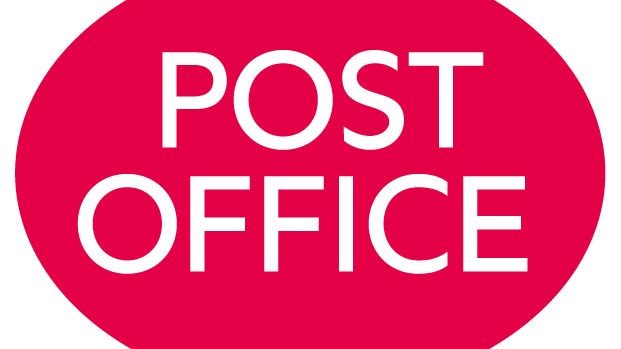Forecourts facing the future

Gordon Balmer, Executive Director of the Petrol Retailers’ Association comments on the past year and challenges ahead in 2025.
This year we have seen the continued conflict in Ukraine with its effect on food and energy prices, a new Labour government shaking up the economy with increases in taxes and business rates, the continued humanitarian crisis in Gaza and the US Presential election.
In the Spring Budget, the fuel industry was delighted to see the fuel duty freeze from last year continued, however retailers’ operating costs continued on their upward trajectory with increases to the National Living Wage and Business Rates now set at an all-time high of 54p in the £.
During April, tensions in the Middle East rose as Iran launched missile strikes against Israel, raising the Brent crude oil prices to raise to $90.45. The Prime Minister Rushi Sunak also called for a general election.

Following the general election in July, Labour were voted in and announced new bills addressing Water, Employment Rights and the Great British Energy Bill, with the CWA welcoming the potential of a national licensing scheme with enforcement powers to address the issues of non-compliant Hand Car Washes.
September marked the historic occasion that the UK became the first G7 country to phase out coal power for electric generation, after 142 years of using the energy source. During this time, petrol prices fell to their lowest level in three years, with the average price for a litre of unleaded costing about £1.35.
Ed Milliband, Secretary of State for Energy Security and Net Zero, wrote to the PRA confirming that a “Fuel Finder” scheme designed to improve fuel price transparency for motorist would be implemented in 2025 and a “Market Monitor” scheme.
In the Autumn Budget, Chancellor Rachel Reeves revealed an increase of £40bn in tax rises, intended to offset a £22bn “black hole” in the nation’s finances. The PRA welcomed the continued freeze in fuel duty, however the increase to National Insurance and the National Living Wage will impose further costs increases on retailers.
The PRA wrote to the Chancellor expressing its concerns and mentioned the effect the withdrawal of the Business Property Relief will have on family-run businesses. The latest data reveals that the UK economy is showing minimal growth and employers are warning of the affect the budget will have on their businesses.
We also saw a marked slowing of EV car sales and discussions between the government and car manufactures over the ZEV Mandate. Unfortunately, this came too late for the workers at the Luton plant owned by Stellantis who announced its closure. They cited the ZEV mandate as a direct cause of this. It therefore remains to be seen how the government will handle this as we push towards the ban of the sale of ICE vehicles in 2030.

Looking ahead to the New Year, on the global front, next year will be challenging one with President Trump assuming office, and the uncertainty over trade tariffs, a slowing global economy, and wars in Ukraine and the Middle East still to be resolved.
Concerning the UK economy, Goldman Sachs expects continued growth, although its expansion may be slower than some economists anticipate. They forecast the UK’s GDP to increase by 1.2% in 2025, which is slower than the Bank of England’s projection of 1.5%.
Concerning interest rates, some analysts predict that the Bank of England will stop reducing interest rates at 4%, however, Goldman Sachs believes they will continue cutting as far as 3.25%.
Next year will also see the effects of the Chancellor’s Autumn Budget start to bite, with increasing costs impacting retailers. Actions to counter this could include a slowdown on recruitment, some job losses, and initiatives to automate such as self-scanning tills or adapting some sites to become unmanned forecourts.
The introduction of the “Market Monitor” and “Fuel Finder” schemes will also take place. The PRA has a direct line into the Competition and Markets Authority and the Department for Energy Security and Net Zero and will be representing members to ensure sensible and fair analysis takes place.
Concerning the Car Wash Association, we continue to lobby the government to introduce a national licensing scheme for car washing businesses. By implementing this we hope it will drive out the “cowboy operators” who flout the law, don’t pay tax and in some cases employ slave labour. Such practices have no place in modern society. We will also continue to see new investment in this sector especially into self-serve jet washing facilities.
With all these challenges, it is vital that all fuel retailers and compliant car wash operators support our not-for-profit trade associations as we continue to represent your interests in these dynamic times.
TO VIEW THE FULL FEATURE WITH GORDON BALMER IN THE 2025 NEIGHBOURHOOD RETAILER YEARBOOK AND MARKETING GUIDE, CLICK HERE






